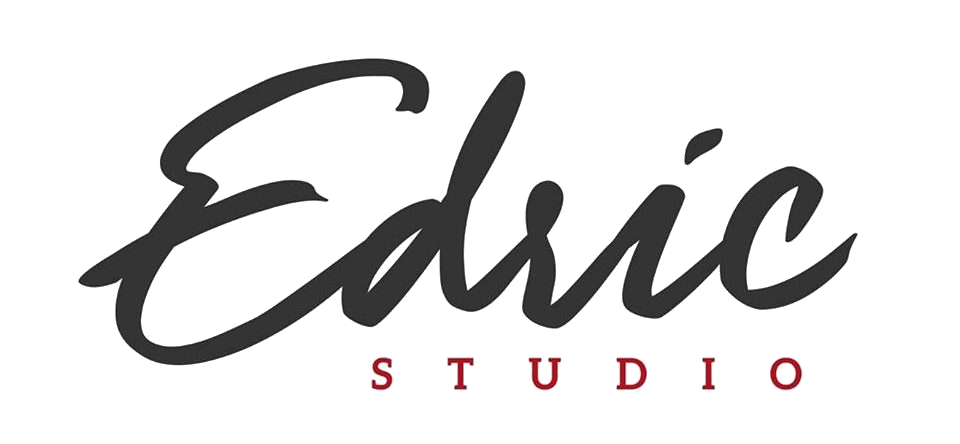Table of Contents
- Introduction
- Why Leadership Skills Matter for Career Growth
- Top 10 Best Leadership Skills for Career Advancement
- Communication Skills
- Emotional Intelligence
- Decision-Making
- Strategic Thinking
- Adaptability
- Conflict Resolution
- Time Management
- Mentoring and Coaching
- Creativity and Innovation
- Accountability
- How Leadership Skills Impact Workplace Success
- Leadership and Personal Branding in the Digital Age
- Useful Tools to Strengthen Leadership Skills
- Conclusion
1. Introduction
In today’s competitive job market, developing strong leadership skills has become one of the most critical factors for career advancement. No matter your industry—whether you’re in business, technology, or creative fields—leaders are those who inspire, motivate, and guide others toward success. This article explores the best leadership skills for career advancement in 2025 and beyond, along with practical tips to help you build and sharpen them.
2. Why Leadership Skills Matter for Career Growth
Leadership is no longer limited to executive roles. Employers value employees who can demonstrate initiative, communicate clearly, and guide their teams effectively. Strong leadership skills increase your chances of promotion, expand your career opportunities, and help establish your reputation as a professional.
3. Top 10 Best Leadership Skills for Career Advancement
1. Communication Skills
Clear, persuasive communication is essential. Leaders must convey ideas effectively, listen actively, and foster open dialogue. For example, when presenting a new project, your tone, clarity, and choice of visuals make a difference. Using professional fonts like Serameyer Handwriting Font can also enhance presentations and branding.
2. Emotional Intelligence
The ability to understand and manage your emotions—and those of others—builds trust and collaboration. Emotional intelligence is especially important in remote work environments, where empathy strengthens team bonds.
3. Decision-Making
Great leaders make timely and informed decisions. Even under pressure, they analyze data, evaluate risks, and act confidently. Developing this skill shows reliability and inspires confidence in your team.
4. Strategic Thinking
Strategic leaders can see the bigger picture. They align short-term tasks with long-term organizational goals. This skill requires creativity, planning, and adaptability. A touch of creativity in design, such as using Yhasmeera Calligraphy Font, can symbolize forward-thinking in visual communication.
5. Adaptability
Rapid changes in technology and business demand flexibility. Leaders who adapt quickly remain relevant and resilient. Adaptability ensures you can handle unexpected challenges while keeping your team motivated.
6. Conflict Resolution
Workplace disagreements are inevitable. Strong leaders resolve conflicts fairly and maintain harmony. This skill strengthens trust and helps create a positive work environment.
7. Time Management
Time management is crucial for productivity. Leaders who prioritize effectively ensure projects are delivered on time without overwhelming their teams.
8. Mentoring and Coaching
True leaders develop others. Providing guidance and mentoring helps team members grow, which in turn strengthens organizational performance.
9. Creativity and Innovation
Innovation drives progress. Leaders who encourage creativity help businesses stay competitive. Creative branding with modern fonts like Retro Culture Font reflects innovation in action.
10. Accountability
A strong leader takes responsibility for both success and failure. Accountability builds credibility and trust with colleagues and superiors.

4. How Leadership Skills Impact Workplace Success
Effective leadership skills improve teamwork, boost morale, and lead to higher productivity. They also enhance employee retention, as people prefer working with leaders who inspire and empower them.
5. Leadership and Personal Branding in the Digital Age
In the digital world, personal branding is as important as traditional leadership. Your social media presence, website, and design choices all reflect your leadership style. Using professional branding tools—such as modern typography—helps reinforce your image as a capable and creative leader. For instance, a portfolio using Downgrade Brush Font adds uniqueness and authority to your personal brand.
6. Useful Tools to Strengthen Leadership Skills
- Books: Leaders Eat Last by Simon Sinek
- Online Courses: Coursera, LinkedIn Learning
- Mentorship Programs: Finding a mentor or becoming one
- Design Tools: Canva, Adobe Illustrator, and custom fonts to enhance presentations
For more resources, check out Forbes – Leadership Development and Harvard Business Review.

7. Conclusion
The best leadership skills for career advancement go beyond titles—they’re about influence, vision, and action. By mastering communication, adaptability, strategic thinking, and other essential skills, you can significantly enhance your career opportunities. Pair these skills with strong personal branding—supported by creative assets like custom fonts—and you’ll stand out as a leader who inspires growth and innovation.

